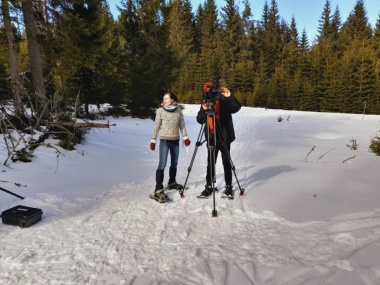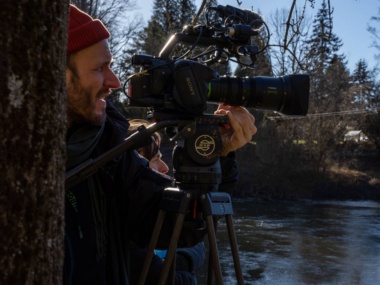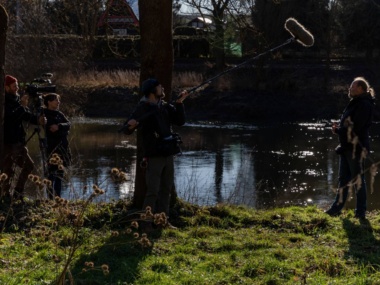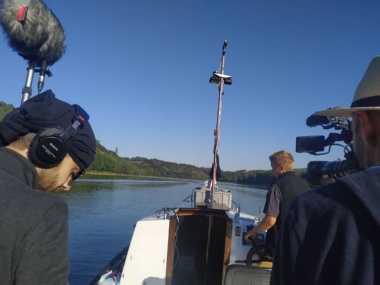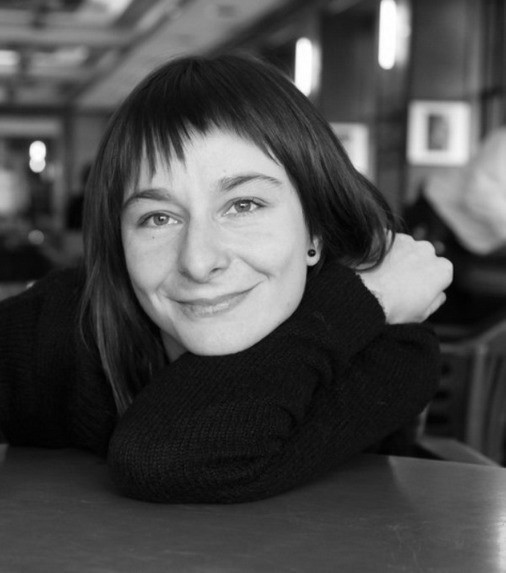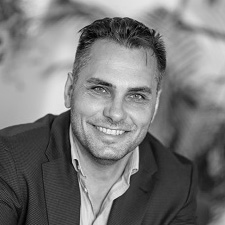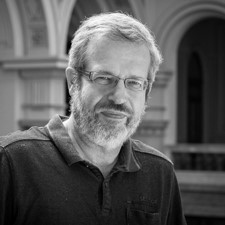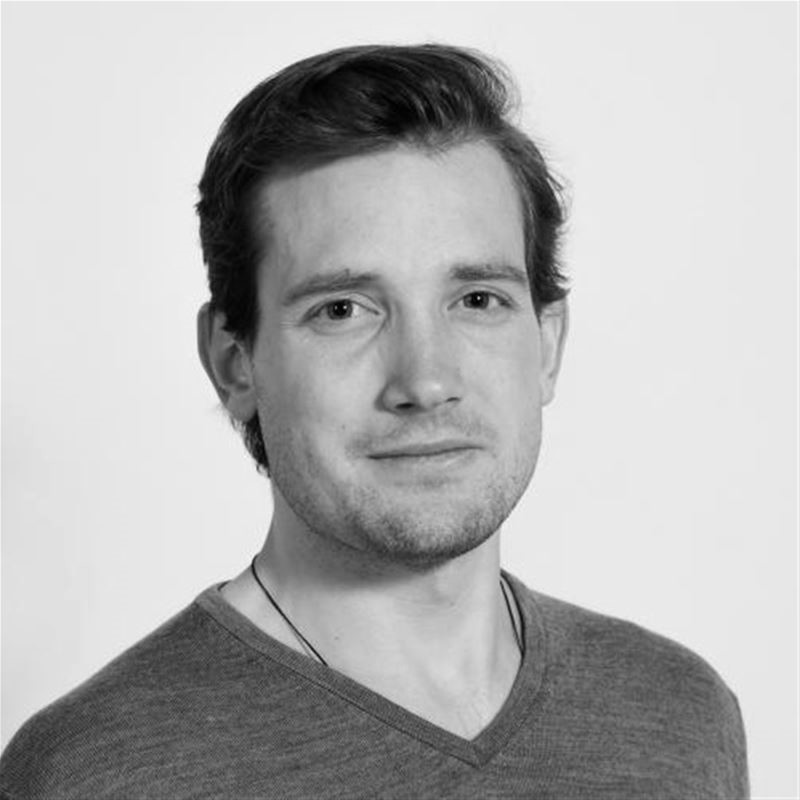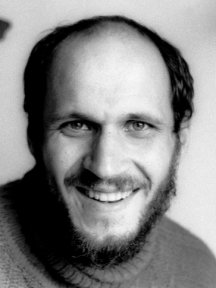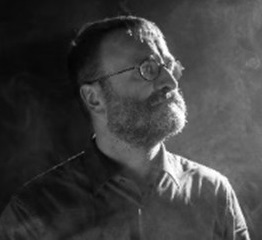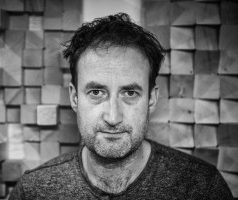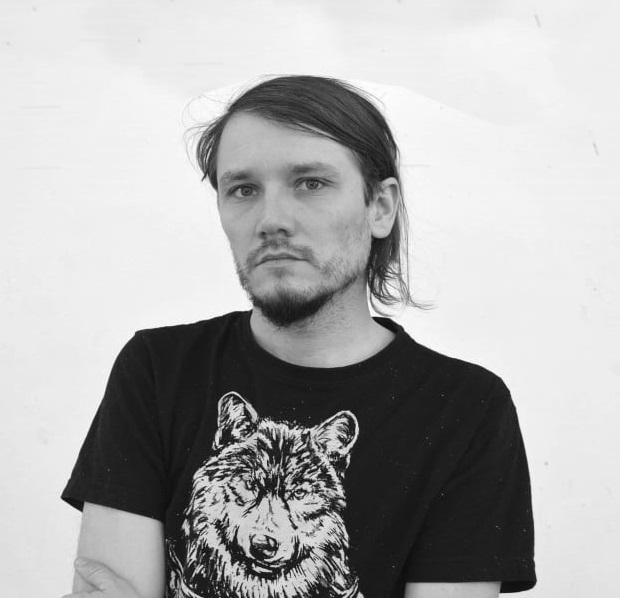It is unique, exceptional, and life-giving... It is becoming increasingly rare, while remaining a ubiquitous, everyday thing. It is a given. All that is water.
Lately, it has also given rise to concerns, unease, and a number of questions. More and more, water is also associated with research and the latest technologies. What kind of views do Czech researchers have on the availability and quality of water? What do they know about it, and what still remains a mystery? What will our situation be in regard to water in the future? Will we have enough water in our homes? How good is our drinking water and will it continue to be?
The Water for Life popular science film series seeks answers to all these questions and reveals, with the help of leading Czech experts, water as we may not know it yet. So, let’s dive into its depths and get to know it a little better! Hopefully it’ll help us understand our “everyday given” better and be better prepared for the change that awaits us. The film series is part of the Strategy AV 21 of the Czech Academy of Sciences and draws on its Water for Life research programme.

